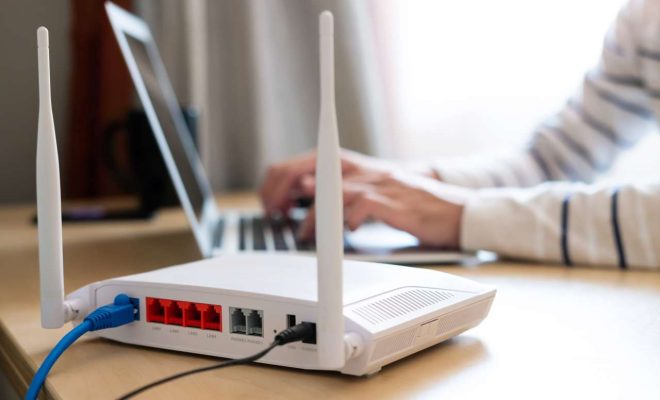A Popular FCC Benefit That Helps Millions Afford Internet Is Set to Expire by May

Millions of Americans could soon find themselves disconnected from an essential digital lifeline as a key Federal Communications Commission (FCC) benefit program is reportedly due to expire by May. The benefit in question is the Emergency Broadband Benefit (EBB) Program, a temporary federal initiative created to help keep households connected during the pandemic. This program provided a discount of up to $50 per month towards broadband service for eligible households and up to $75 per month for homes on qualifying Tribal lands.
As the world grappled with the unprecedented impacts of COVID-19, the FCC launched EBB in response to a rapidly expanding need among Americans for reliable internet access amidst lockdowns, remote education, and work-from-home orders. The EBB program was part of the broader governmental effort to ensure that the economic and social disruptions caused by the pandemic did not exacerbate existing digital divides within American society.
The potential expiration of this benefit comes at a time when reliance on high-speed internet has never been higher. Both employment and education sectors have increasingly moved online, prompting discussions about whether internet access should be considered an essential utility akin to water or electricity.
The looming deadline raises pressing questions about the fates of those whose financial situations may hinder them from affording standard internet service rates. Without the discounts provided by the EBB program, many could lose access to critical services including online learning platforms, telehealth appointments, job opportunities, and essential government services.
Advocates for digital equity are calling for a more permanent solution that would address not only affordability but also accessibility issues in underserved communities. There is ongoing debate in Congress and amongst public interest groups about how best to transition from a temporary relief measure to a sustainable model of support that extends beyond emergency assistance.
The FCC underlines that programs like EBB serve as a band-aid rather than a cure for broader systemic problems relating to internet access in America. Solutions put forth range from expanding infrastructure to implementing permanent subsidy programs aimed at low-income households.
As May approaches, it is clear that unless legislative action is taken to either extend or replace the EBB with another long-term program, millions will face significant challenges that could further accentuate socio-economic disparities in terms of technology access and usage.
It remains imperative that decision-makers take prompt action to reassess and reinforce America’s commitment to ensuring that no citizen is left offline in an increasingly digital-dependent age.






